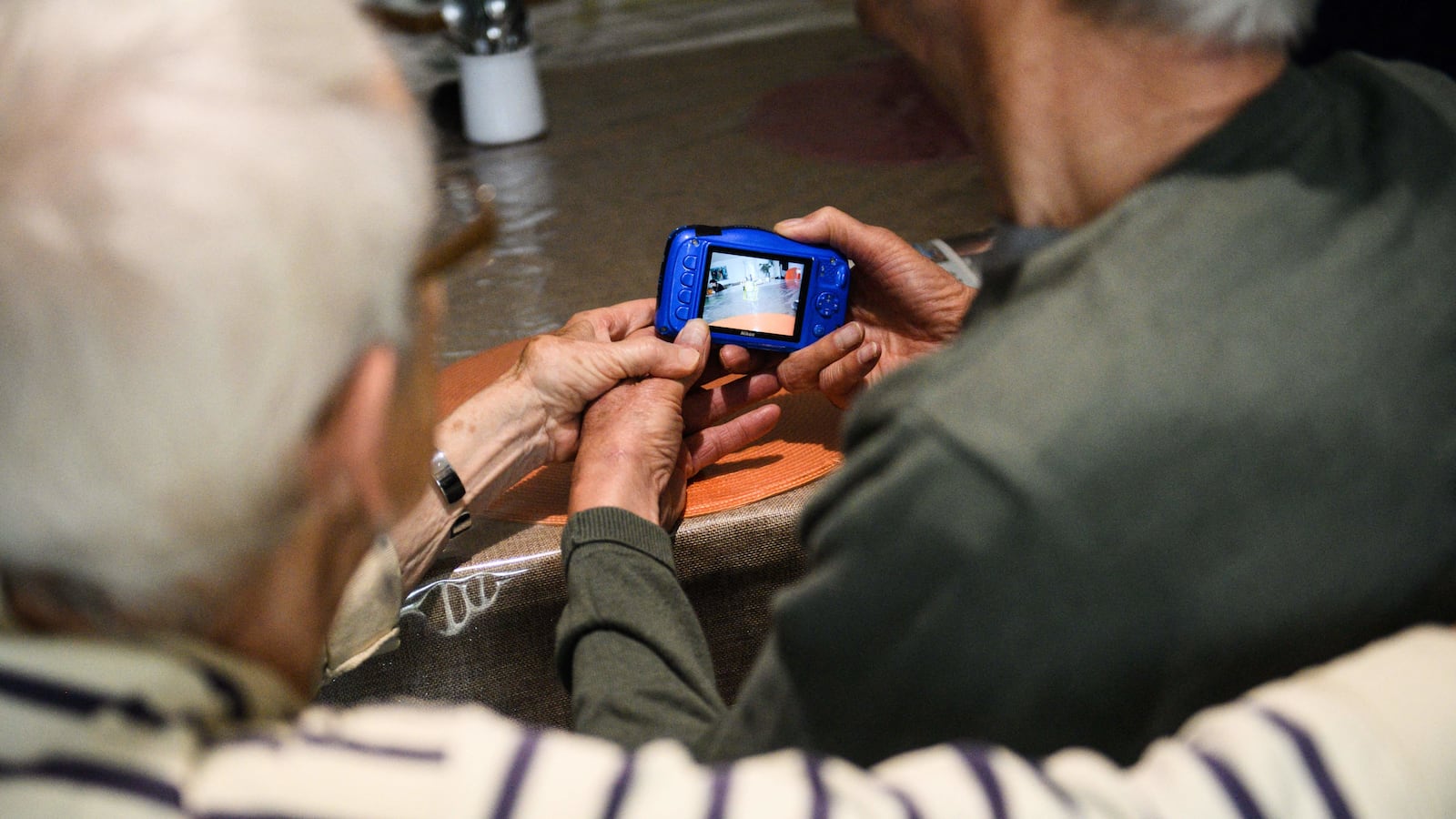A new report published in the journal Nature Medicine found that some patients who received human growth hormone from the pituitary glands of cadaver donors from 1959 to 1985 developed early cases of Alzheimer’s, possibly from contaminated samples that featured a protein associated with the disease. A handful of patients in the study displayed symptoms of early onset Alzheimer’s, with the youngest at 38 years old, and others were found to have the associated protein in their brains when they died. Researchers concluded that it is possible to develop Alzheimer’s from the transfer of a contaminated hormone, but they cautioned against overextending the scope of the results. “We’re not suggesting for a moment you can catch Alzheimer’s disease. This is not transmissible in the sense of a viral or bacterial infection,” one of the co-authors of the study told the Guardian. The procedure that caused the patients in the study to degenerate has been discontinued for decades.
Read it at The Guardian





